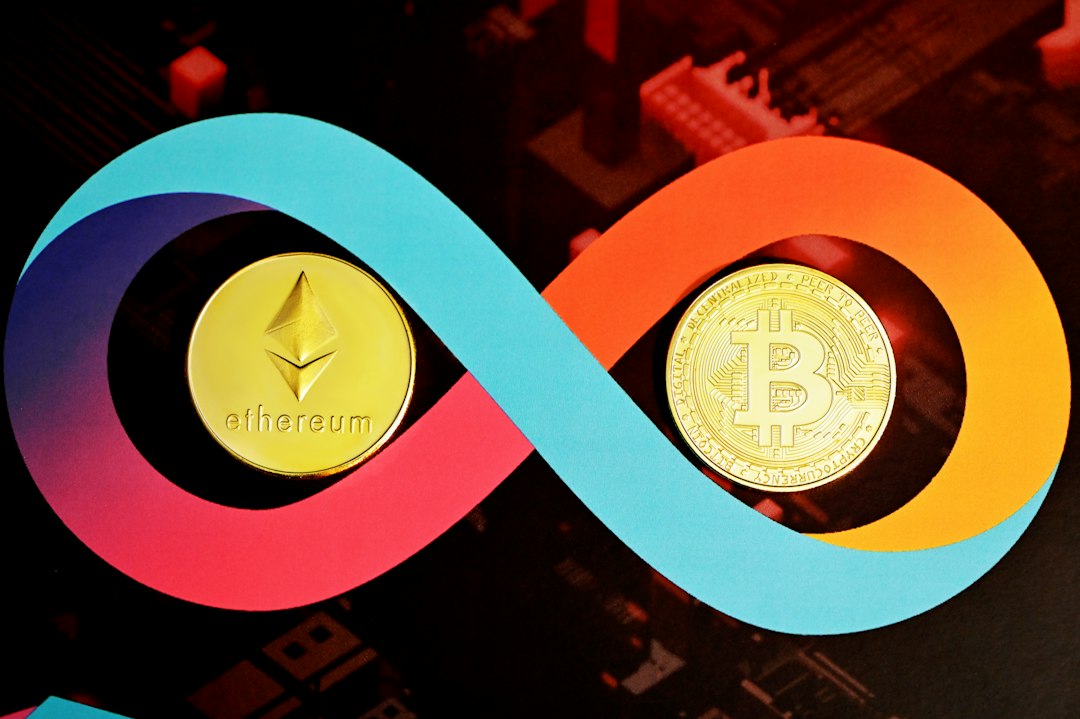Exploring the Potential of Energy Web Token in Renewable Energy Markets
Are you interested in the potential of cryptocurrencies in the renewable energy sector? If so, you may have come across Energy Web Token (EWT), a digital currency that has been gaining attention for its applications in the energy industry. In this article, we will explore the potential of EWT in renewable energy markets and how it could revolutionize the way we produce and consume energy.
What is Energy Web Token?
Energy Web Token (EWT) is a cryptocurrency that was created to facilitate the transition to a more sustainable and decentralized energy system. It is built on the Ethereum blockchain and is designed to be used within the Energy Web Chain, a public, open-source blockchain platform specifically tailored for the energy sector. EWT enables various use cases within the energy industry, including peer-to-peer energy trading, carbon emissions tracking, and grid management.
The Role of EWT in Renewable Energy Markets
One of the key potential applications of EWT is in enabling peer-to-peer energy trading within renewable energy markets. Traditionally, energy is produced by centralized power plants and distributed through a grid system to end consumers. However, with the rise of renewable energy sources such as solar and wind, there is an opportunity for individuals and businesses to generate their own electricity and sell any excess back to the grid or directly to other consumers.
This is where EWT comes into play. By using EWT as a means of exchange, individuals and businesses can transact directly with each other without the need for intermediaries such as utility companies. This not only allows for more efficient utilization of renewable energy but also provides financial incentives for those who invest in clean energy technologies.
Decentralized Energy Grid Management
In addition to peer-to-peer energy trading, EWT also has the potential to revolutionize grid management in renewable energy markets. The traditional grid system was designed for centralized power generation and one-way distribution, which can be inefficient when integrating intermittent renewable resources.
With EWT and blockchain technology, it becomes possible to create a decentralized grid management system where individual nodes can communicate with each other in real-time to balance supply and demand. This can lead to more reliable and resilient grid infrastructure that can better accommodate renewable energy sources while minimizing waste and reducing costs.
Emissions Tracking and Renewable Energy Certificates
Besides enabling direct energy transactions and decentralized grid management, EWT also has applications in tracking carbon emissions from energy production. By using blockchain technology, it becomes possible to create transparent and immutable records of carbon emissions associated with electricity generation.
This can be particularly valuable in renewable energy markets where consumers are increasingly seeking assurance that their electricity comes from low-carbon sources. Additionally, EWT can also be used to create digital certificates for renewable energy production, providing a means for producers to demonstrate their environmental impact and receive financial incentives for their contributions to sustainability.
The Future of EWT in Renewable Energy Markets
The potential applications of Energy Web Token (EWT) in renewable energy markets are promising, offering opportunities for more efficient and sustainable energy systems. As blockchain technology continues to evolve and gain acceptance within the mainstream, it is likely that EWT will play an increasingly important role in shaping the future of the energy industry.
FAQs About Energy Web Token (EWT)
What is Energy Web Token?
How does EWT enable peer-to-peer trading?
What are some potential applications of EWT in renewable energy markets?
Is EWT widely accepted in the market?
By exploring these potential applications of EWT in renewable energy markets, you can see how this cryptocurrency has the potential to transform how we produce and consume clean electricity. Whether you are an investor looking at new opportunities or someone passionate about sustainability, it’s worth keeping an eye on how EWT continues to evolve in this rapidly changing industry.
So what are your thoughts on Energy Web Token? Do you see its potential impact on renewable energy markets? Let us know your thoughts!





 By
By
 By
By
 By
By
 By
By

 By
By